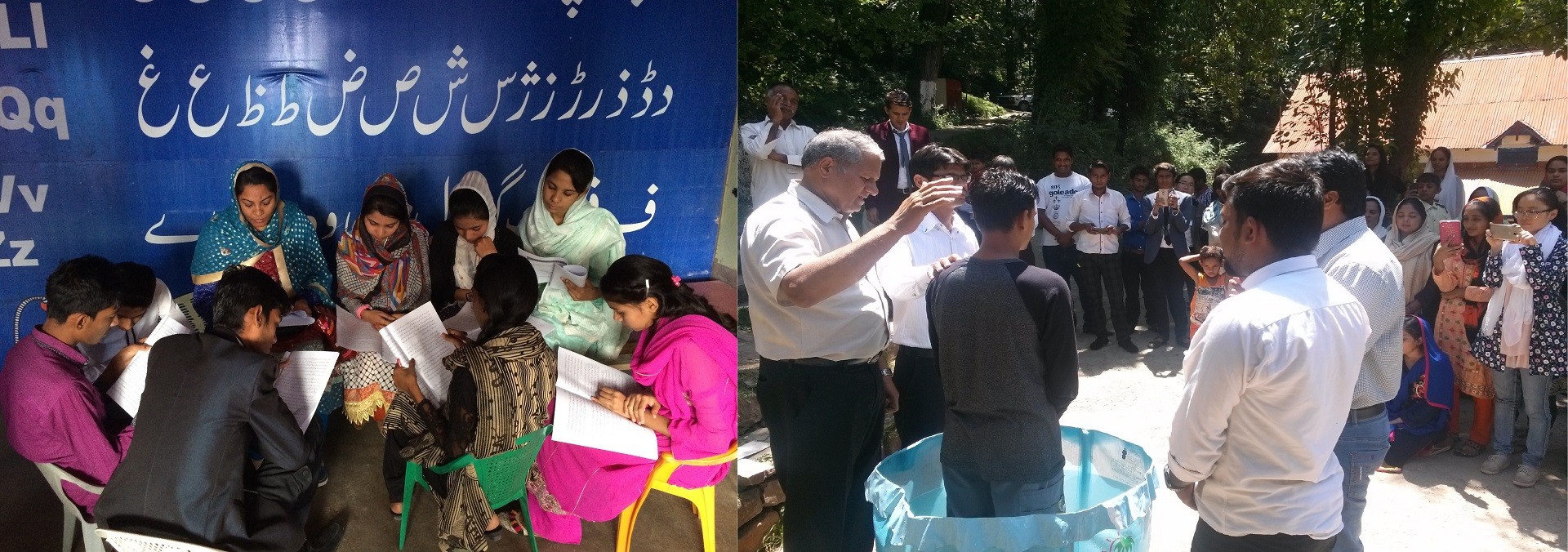Weekly Pursuit – Week 4 of July
Verse:
Luke 15:4-5 “Which man of you, who has a hundred sheep and has lost one of them, does not leave the ninety-nine in the wilderness and go after the one which is lost until he finds it? And when he finds it, he lays it on his shoulders, rejoicing.
Excerpts:
I believe that not having the Father’s loving and forgiving heart and not having the Savior’s shepherding and seeking spirit is the reason for our barrenness. I realize that you all work hard, but there is almost no fruit…. A good, gentle, pastor may not have a particular gift, such as the gift of speaking; he may simply visit people and welcome them when they come to his meeting, but according to statistics, he will have a ten-percent yearly increase. We, however, do not have even a ten-percent increase. Can you see how barren we are? Many of you are good speakers, knowing the higher truths…. However, we do not have fruit because we are lacking in the Father’s loving and forgiving heart and the Son’s shepherding and seeking spirit. We condemn and regulate others rather than shepherd and seek them. We are short of love and shepherding. These are the vital factors for us to bear fruit, that is, to gain people…. Do we train the young ones to gain people or to regulate people? We have to reconsider our ways, as Haggai said (1:5). (A Word of Love to the Co-Workers, Elders, Lovers, and Seekers of the Lord, chap. 3)
To cherish people is to make them happy and to make them feel pleasant and comfortable. We must have a pleasant countenance when we contact people. We should be happy and rejoicing. We should not contact anyone with a cheerless countenance. We must give people the impression that we are genuinely happy and pleasant. Otherwise, we will not be able to cherish them, to make them happy.
Then we should go on to nourish them. We do not nourish people when we speak to them about marriage, courtship, politics, the world situation, or education. To nourish people is to feed them with the all-inclusive Christ in His full ministry in three stages. (The Vital Groups, chap. 11)











